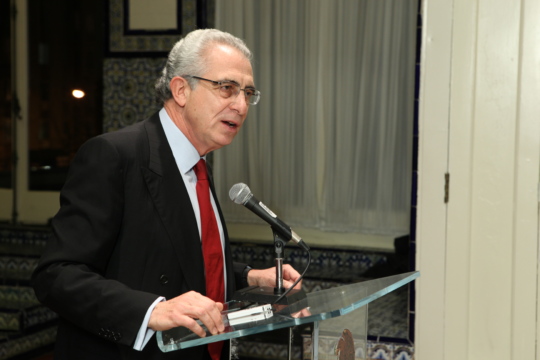
Would the Americas Act Bring Major Economic Benefits?
A Latin America Advisor Q&A featuring experts’ views on the America’s Act legislation.
A Latin America Advisor Q&A featuring experts’ views on the America’s Act legislation.
This report, written in collaboration with COMEXI and the University of Calgary explores what routes to de-escalation exist under the US-Canada-Mexico energy dispute resolution talks.
A Latin America Advisor Q&A featuring experts’ views on the three-year anniversary of the United States-Mexico-Canada Agreement, or USMCA.
Published by the Wilson Center, North America 2.0 | Forging a Continental Future offers an agenda for how the region’s leaders can forge inclusive and effective strategies that ensure North America’s next decades build upon past successes—while addressing serious shortcomings.
A Latin America Advisor Q&A on the possibility of the first railway to connect Mexico, Canada and the United State and its significance.
A Latin America Advisor Q&A featuring experts’ viewpoints on the future of North American relations under a Biden administration.
Over the past two years, the government of Mexican President Andrés Manuel López Obrador has sought to strip away central aspects of the 2013 energy reform that increased private investment in the power sector and return control of the sector to state utility CFE. These moves will reduce needed investment in the sector and lead to higher electricity costs for Mexican industry and manufacturing, affecting employment, trade, and Mexico’s ability to meet its clean energy targets, according to this new report by the Inter-American Dialogue.
This policy brief examines the regulatory changes in Mexico’s electric power sector made under the López Obrador administration. The brief analyzes the broader implications for Mexico’s economy and its trade and economic relations with its key trading partner, the United States. A full report will be forthcoming in October 2020.
CGTN’s Roee Ruttenberg spoke with Michael Shifter, president of Inter-American Dialogue, about US-Mexico trade relations after Andrés Manuel Lopez Obrador visited the United States for a meeting with President Donald Trump.
A Latin America Advisor Q&A featuring experts’ takes on Mexican President López Obrador’s first trip abroad since taking office, to Washington.
How will the changes affect the three North American countries, and which sectors are set to gain or lose the most from them?
How likely is the U.S. Congress to approve USMCA this year, and what sorts of complications would pushing its ratification into 2020 bring? How are political dynamics affecting the deal’s passage? If the trade pact is delayed further, to what extent will North America’s manufacturers suffer?
What effect will the tariffs have on the economies of both countries, and how has the private sector reacted?
On April 12, the Inter-American Dialogue partnered with the Wilson Center’s Mexico Institute to host a conversation with Carlos Urzúa, the current Mexican Secretary of Finance and Public Credit.
Ernesto Zedillo speaks with David Dollar on the importance of globalization for developing countries, the erosion of multilateralism, and NAFTA.
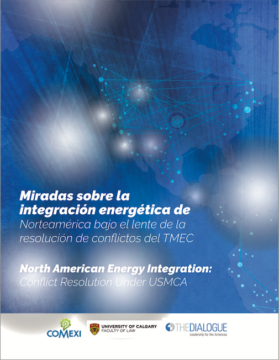
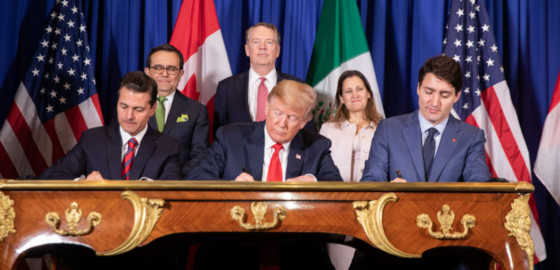
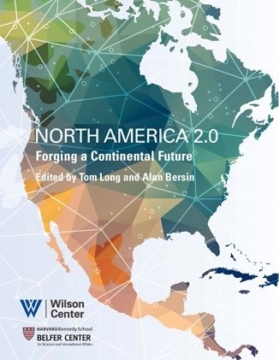
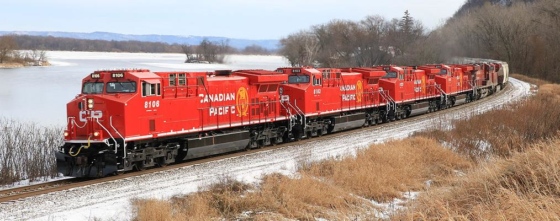
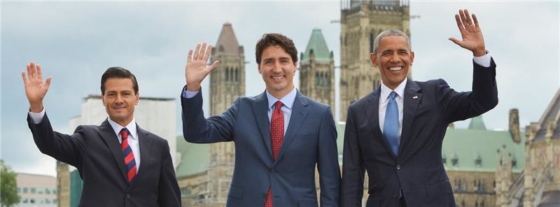
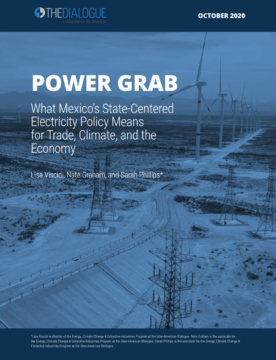
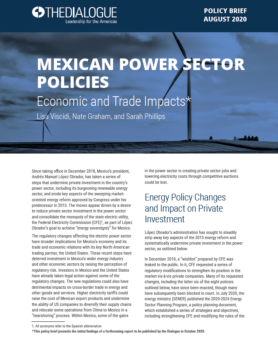
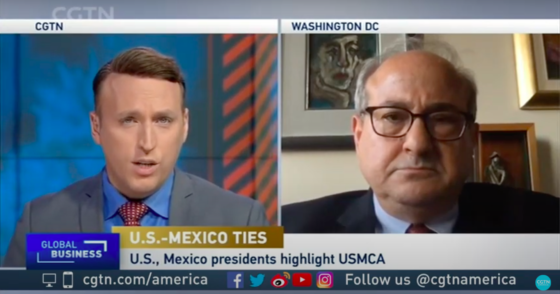 Video
Video
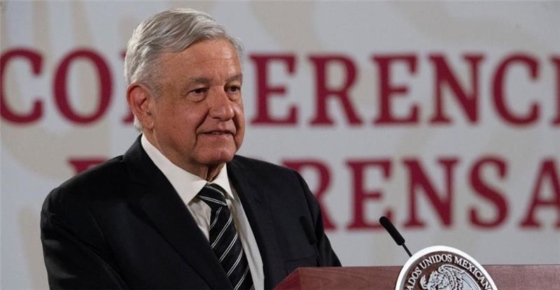
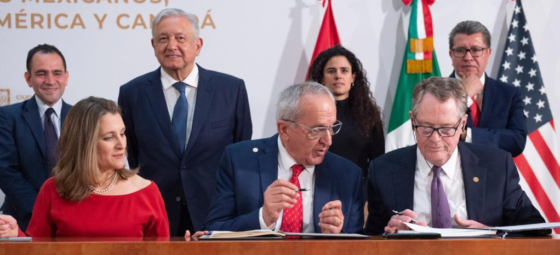
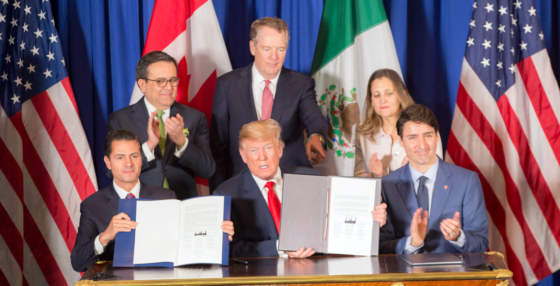
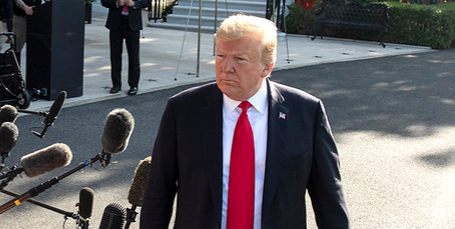
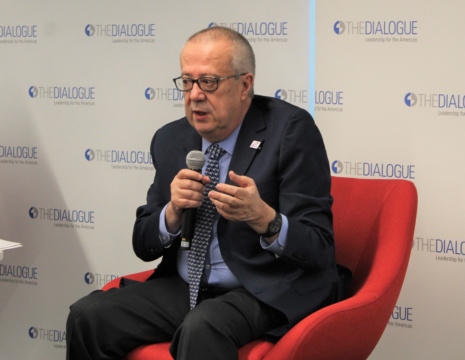 Video
Video
